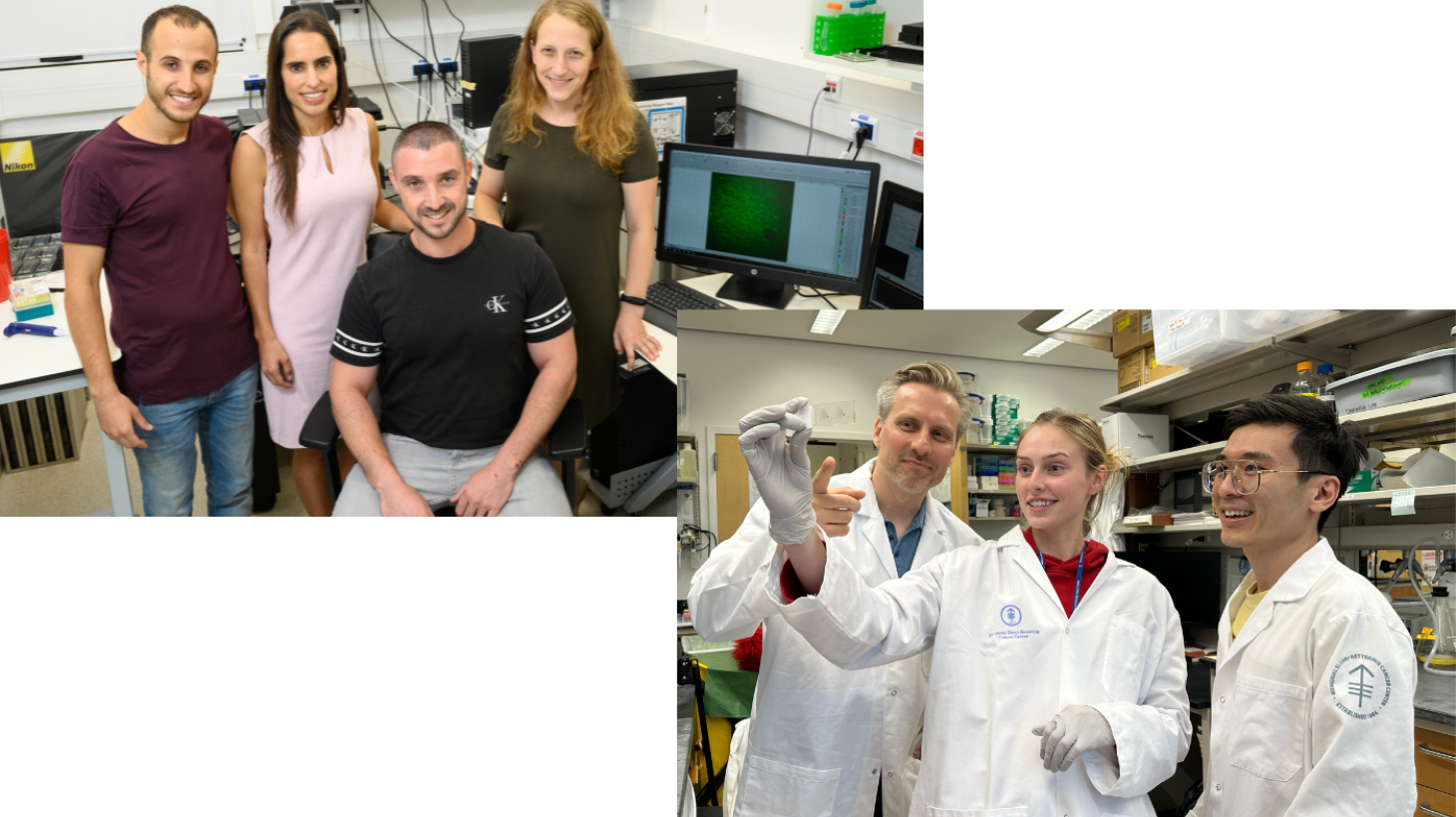Team CaPTr
(Capturing and Combatting the Cancer Plasticity Transition State)
CHALLENGE: Cancer cell plasticity
![]()
Team CaPTr aims to combine physics, mathematics, biology and genomics to identify and target the cells driving cancer plasticity.
Team Lead
Institutions
Countries
The idea
Cancer plasticity is a result of epigenetic dysregulation, which allows cancer cells to transition away from their normal behaviour in a stochastic way (like a random walk), allowing them to evolve to survive, proliferate, spread and evade the immune system and chemotherapy.
CaPTr hopes to capture and combat this poorly understood transition state that has eluded precise detection because it changes dynamically, and which is currently not targeted by existing cancer therapies. The project would involve the development of the first quantitative framework based on integration of concepts from physics, mathematics, biology and genomics, supported by extensive experimental validation and analysis, to link epigenetic reprogramming to genetics, signalling networks and environmental cues in cancer.
CaPTr would utilise cutting-edge approaches to answer these problems, including novel ways of quantifying these stochastic or variable features of the epigenome using the mathematical property of entropy.
The team would aim to deliver new methods to detect, target and cure cancers by attacking the transition state, and prevent its re-emergence, making use of an extensive biobank of resources across the participating institutions.
"The team includes mathematicians, physicists, cell biologists, genome scientists, biochemists, cell biologists, engineers, surgeons, and patient advocates, with a special emphasis on junior independent investigators with extraordinary talent. This diversity will provide the dynamic and synergistic vitality and perspective necessary to combat the dynamic and elusive properties of cancer plasticity."
